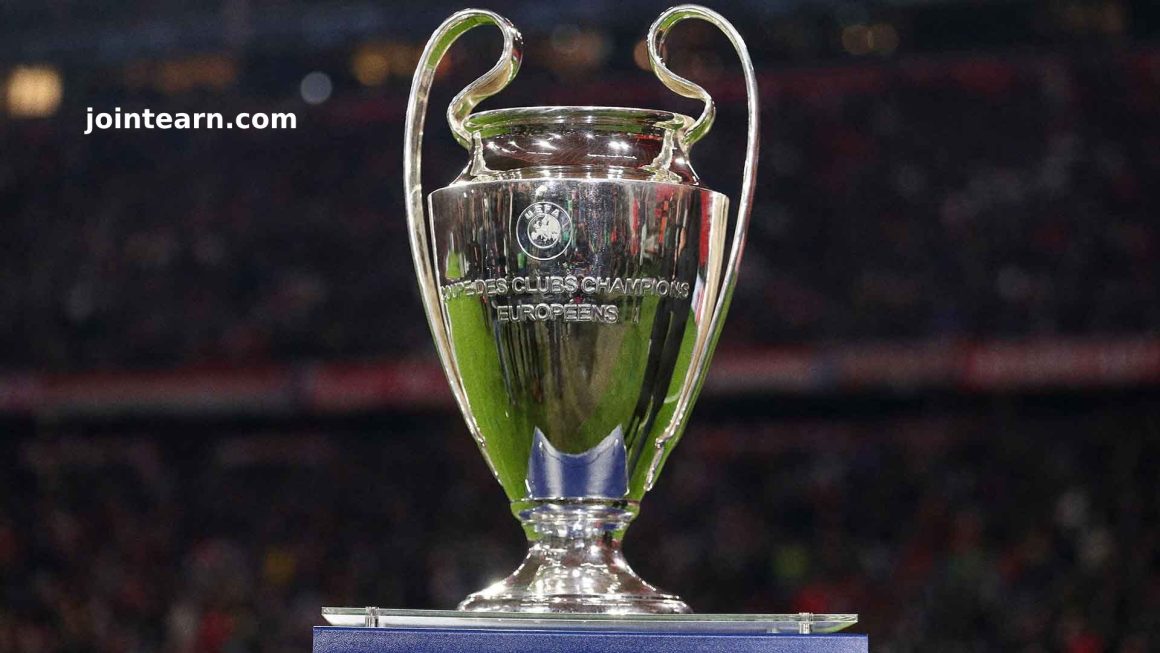A significant level of uncertainty remains over the repayment of hundreds of millions of pounds in Covid-related loans extended to sports organizations during the pandemic, according to a report from the Public Accounts Committee (PAC). The PAC has raised concerns over “severe weaknesses” in the way the Department of Culture, Media and Sport (DCMS) managed the loans and criticized the department for being “overly optimistic” about their repayment.
Between 2020 and 2022, the DCMS allocated £474 million in loans to support the sports and culture sectors, with £218 million directed to sporting bodies. Of this amount, £124 million was provided to help Premiership rugby union clubs stay afloat during the lockdowns. However, the PAC highlights that around £400 million remains unpaid, with less than half of borrowers having started their repayment process.
Insolvency Issues and Unpaid Loans
Nine organizations, which collectively received £46 million in loans, have gone bankrupt, including three prominent rugby clubs—London Irish, Wasps, and Worcester Warriors. The DCMS now expects to recover only a fraction of the £41 million it lent to these clubs, with an estimated £29 million unrecoverable.
As concerns grow about the financial stability of remaining top-tier clubs, the PAC emphasizes that the ongoing viability of these sectors could jeopardize future loan repayments. MPs warned that the DCMS faces a “conflict of interest” as it strives to both safeguard taxpayers’ money and support the struggling sectors.
Accountability and Oversight Challenges
The PAC’s report calls attention to a “gap in accountability” within the DCMS regarding its handling of loans to rugby union. The committee pointed to a potential conflict of interest involving a senior civil servant whose spouse is connected to the rugby industry. PAC chair Sir Geoffrey Clifton-Brown MP criticized the DCMS for being caught between its responsibility as a lender and its role in supporting the sector, noting that the department should not act as a “lifetime guarantee” for financially troubled institutions.
In response, the DCMS stated that it remains committed to protecting taxpayers’ money and ensuring the recovery of funds issued during the previous administration. The department emphasized that it has already recovered 97% of repayments and is working closely with key figures in rugby to ensure all borrowers begin repaying by the end of this year.
Financial Struggles in Rugby and Other Sports
Premiership rugby union clubs received substantial support during the pandemic, with £124 million of the total £218 million allocated to the sport. However, the failure of clubs such as Wasps, London Irish, and Worcester Warriors has left taxpayers with a significant financial burden, as loans to these clubs are unlikely to be fully repaid.
The PAC criticized the DCMS for insisting that these clubs were financially viable at the time of receiving the loans, despite public reports suggesting otherwise. It also pointed out that some loans were granted with repayment holidays of up to four years, which the PAC argues should not be extended for institutions that remain financially unstable five years after the pandemic.
Recommendations for Tougher Oversight
The PAC’s report recommends that the DCMS adopt a stricter approach in managing troubled borrowers, particularly if additional financial support is needed in the future. The committee also criticized the department for what it perceived as an inconsistent approach to engaging with different sports. While the DCMS has maintained close involvement with rugby, its engagement with professional basketball, for example, has been less clear, potentially putting the repayment of loans to basketball clubs at risk.
Ongoing Government Response
In response to the PAC’s findings, the DCMS stated that it would carefully review the report and consider its recommendations. The department emphasized that it continues to work with the Rugby Football Union, Premiership Rugby, and other relevant bodies to ensure the financial sustainability of the sport and to recover the outstanding loans.
As the financial outlook for many sports clubs remains precarious, the full extent of the repayment crisis remains uncertain, with significant taxpayer money still at stake. The PAC’s report highlights the need for greater transparency and accountability in the management of these loans, especially as the pandemic’s long-term impact continues to affect the viability of sports organizations across the UK.












